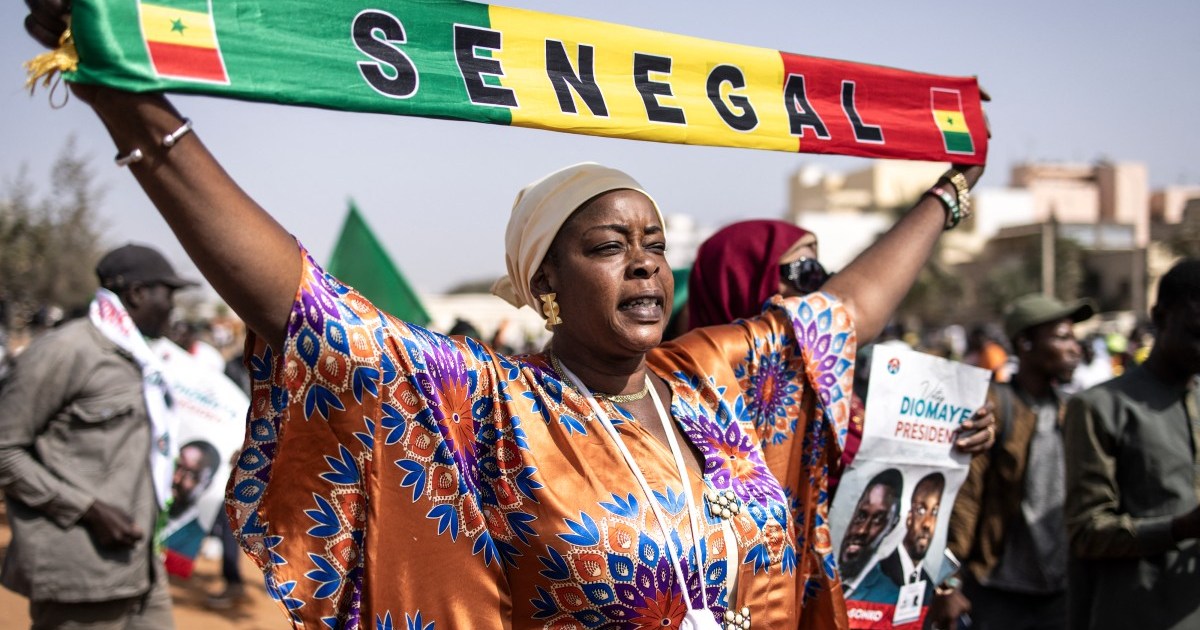Iceland PM calls new election as coalition government collapses | Politics News
Prime Minister Bjarni Benediktsson calls election for November, cites policy disagreements as responsible for government collapse.
Icelandic Prime Minister Bjarni Benediktsson has dissolved the country’s three-party coalition government and called for a new election to take place in November.
In a press conference on Sunday, Benediktsson said problems had mounted within the left-right coalition on issues related to foreign policy, asylum seekers, and energy, public broadcaster RUV reported.
The coalition comprised the right-wing Independence Party, which Benediktsson leads, the Left-Green Movement and the centre-right Progressive Party.
The prime minister said the issues were “less discussed in the last election [in 2021] than need to be discussed now,” emphasising “how different the [Left-Green] Movement’s vision for the future is, compared to what I want to stand for”.
Benediktsson told the Visir news outlet that it would be “best if the government [had] a common vision”.
“It’s disappointing when projects run aground or circumstances change,” he added.
The prime minister said he would meet with Icelandic President Halla Tomasdottir on Monday to discuss dissolving parliament and the parliamentary election, which must take place in 45 days at the latest, according to RUV.
The prime minister, who has already said he has strong backing from his party to stand in the November elections, is one of Iceland’s most experienced politicians. He previously served as finance minister and foreign minister.
Benediktsson took up the position in April after the Left-Green Movement’s Katrin Jakobsdottir stepped down to run for the presidency, which she failed to win.
A Gallup poll on October 1 found that the coalition had the support of only one-fourth of voters, 24.6 percent, the lowest score Gallup has recorded for an Icelandic government in 30 years.
The future of the coalition government was particularly uncertain after recent volcanic eruptions forced thousands to leave their homes, putting pressure on an economy already dealing with high inflation and interest rates.
Check out our Latest News and Follow us at Facebook
Original Source







